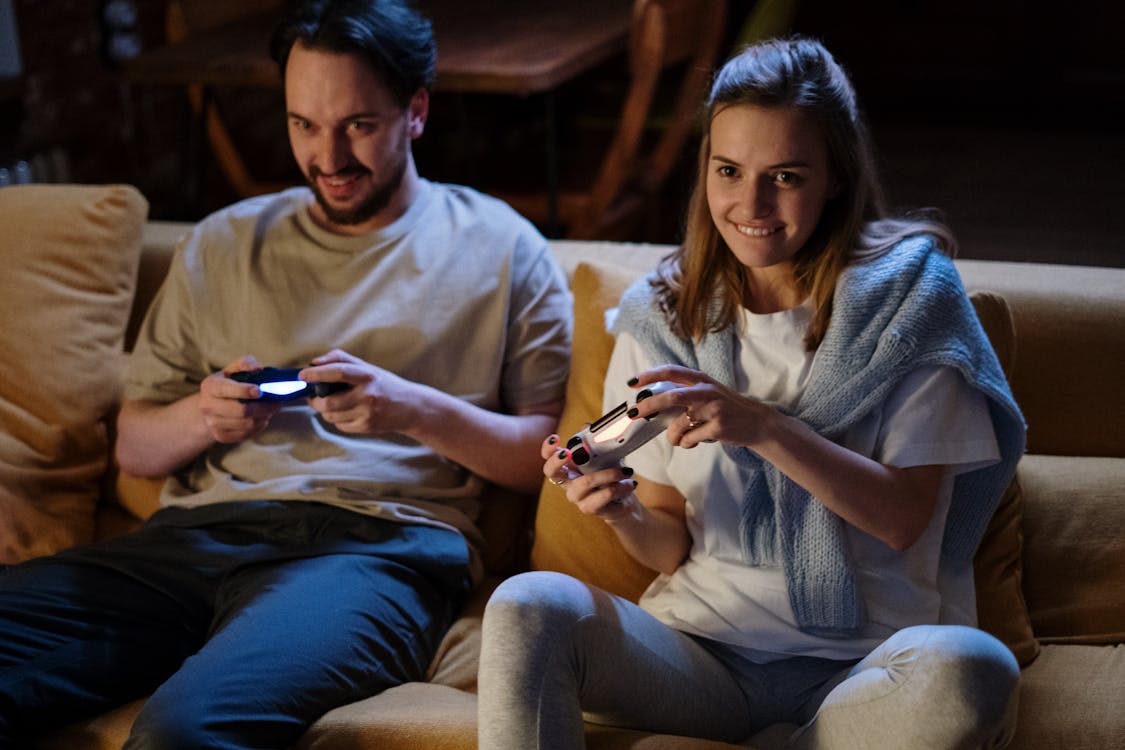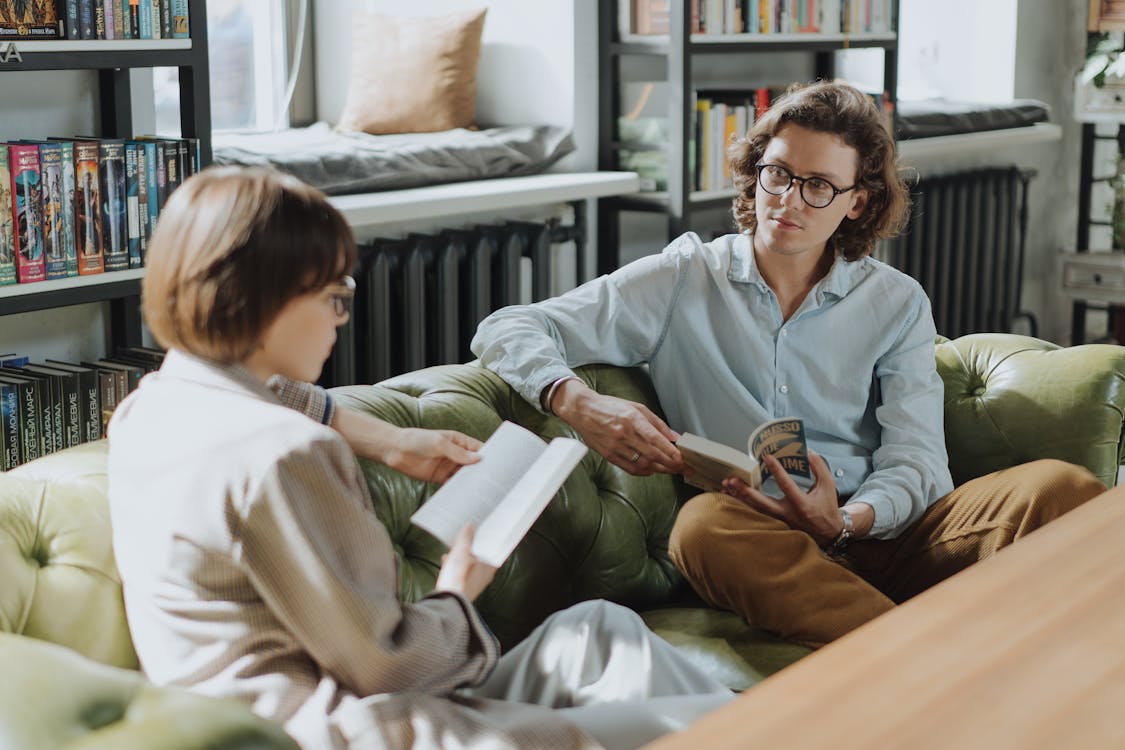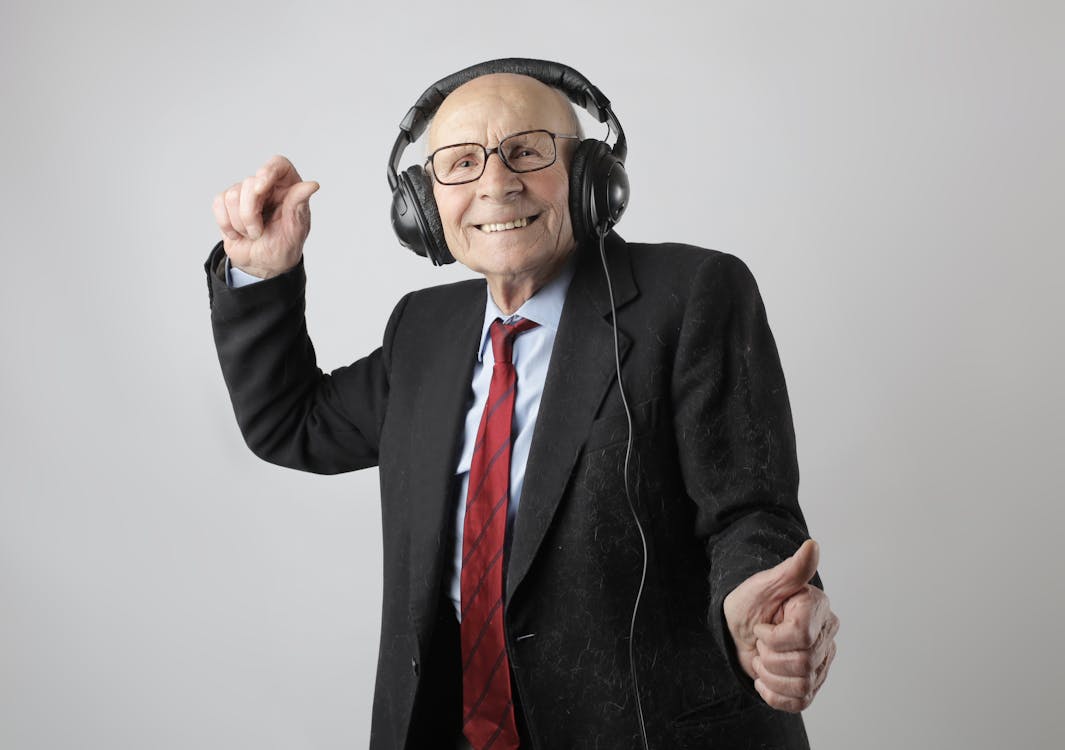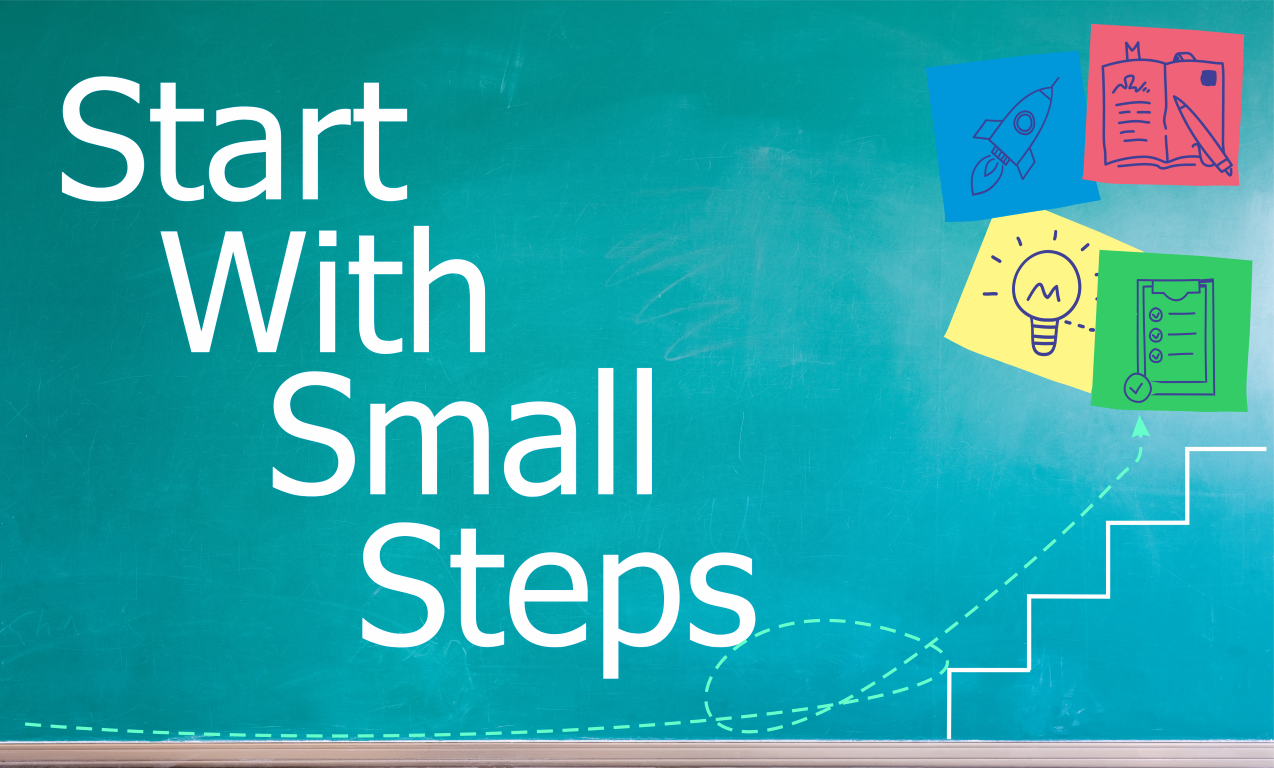“Anyone who stops learning is old, whether they’re 20, or 80. Anyone who keeps learning stays young” – Henry Ford.
Today we’re going to talk about the mental side of keeping young. When I was listening to a podcast A few years ago called Let’s Know Things, this came to me. The author had just hit around 30 years old, and he noted he was mentally getting old. He remembered seeing some new application that had emoji stickers on it, and he thought, What in the world would that be good for? And don’t we have enough of those kinds of things out there anyway? And then he realized this was his first step about getting old. He suddenly was just discounting something without ever trying it or understanding it. And he realized that he didn’t want to become old. And even though he still didn’t think much of emoji stickers, he realized that he needed to think about things and try new things so that it never happens to him. How do we keep that young mentality? How do we keep our brain healthy? And how do we keep going? And again, just like last time, we talked about how you want to stay young, at any age, by being young, mentally, even when you’re still young, you get that chance to keep that healthy brain activity going.
I was kind of a funny kid. I was an adult as a kid. And I was a pretty serious kid. Even though I told jokes a lot, I still was the person who cleaned the house and paid the bills. I haven’t done our income taxes. That’s a lot to hang on top of a kid. As I finally climbed out of that moved out of the house, I got to be a kid again. And honestly, throughout my 30s, when I could have more leisure time and have a little bit more leisure money, suddenly, I found myself with the ability to start being younger, I could start playing a little bit, I suddenly didn’t have to be so serious about everything.

So we’re going to take a lot of good ideas that come from many various articles. And I will have them all listed on my website if you want to refer back to the articles again. So the first thing I can tell you just because of my own experience with being a very serious adult when I was 12. And being somewhat of a kid when I was 30. Don’t act your age, be young all the time. That’s the thing about adulthood, make sure you always act young, in those appropriate times. Often, what will happen is, as people start feeling like they’re mentally getting older, they will. Just as if they start getting into the physical side of things, I don’t want to go hiking today, I’m sore from this week, or I’m too tired. With the same mentality, I don’t like to learn something new. I don’t want to try something new. I’m just tired. Get out of that mentality. Because the more you put yourself into that same rut, the harder it will be for you to get out of it. Ensure that you don’t act your age that you always try to stay young, try to take on new things. And you try to think about the things that make being young so tremendous and try to keep doing those things. Don’t keep saying I’m old. Think about the wording of it, right? I am not old. I am just tired today. Maybe you don’t feel like learning something new today. That’s just a feeling you have. That’s just an emotion. But I think what happens is, is that you see the ideals out there. The stereotypes of what people say you are when you’re young and when you’re old. And you start believing them, you start thinking, Oh, well, I must be tired today. Because I’m getting older. I feel like I don’t want to learn anything new or try something new. That’s because I’m getting older. Think about how you’re wording things as not a rut you’re putting yourself into. That’s just how you feel today.
And if you are too tired to learn new things or try new things, you got to figure out how to solve that problem. Do you need to eat better? Do you need to rest more? Make sure that you set yourself up for having success while mentally feeling younger. And so the other thing is to make sure you do have goals. Part of the problem, and I think what happens to people when they have free time, or maybe even when they retire? I think it’s the same problem as you had when you were a kid. And you were like, I don’t know what to do today. I’m bored. It’s the same thing. It’s because we haven’t thought about the things that we can do. We haven’t expended the kinds of energy we want to to set ourselves up. Whether you’re 12 years old or 50 years old, it gets easy to just say, I don’t want to go outside and hike today. I have to drive all the way there, and then I have to pack up some water, so I have something to drink. Now I got to figure out what I’m going do… You know what happens to us throughout life. Solve those problems and keep those goals in mind. You always want to have goals and plans going for you whether you’re 12 or 50.

UC Berkeley did a study about how to keep your brain young. And what they found is that being social helps a lot. Valerie Crooks, a researcher at Kaiser Permanente, looked at women over four years. Women who kept their social ties going decrease the likelihood that they might get something like Alzheimer’s or depression. They also suggest even playing video games. Video games are this great combination of hand-eye coordination, and memory, and problem-solving. And it’s one of those things that’s helpful for us.
When you’re a kid, and you have all these neurons in your body. So you try playing an instrument and some neurons building your brain, or maybe you learn to speak a foreign language. And those neurons build in your brain to help that. What happens over time is those neurons, as they’re not being used, shut down. And so a lot of times, what will happen to us is, if we don’t challenge our brain, “I’m tired, I just got home from work, I don’t feel like doing anything,” then those neurons lose their ability to fire in those areas. To keep a young brain means to use all those things, so they stay active, those neural pathways remain active, and we keep that ability to solve problems, Think outside the box, and all those things. Video games can help us with that. It used to be a long time ago, they thought that the brain is very elastic, and it stretches, and it grows. But at some point, that shuts down, and the brain becomes inelastic, and you can’t learn. Luckily for us, they found out in 2016, that’s not true. The brain retains this plasticity throughout all the ages. The reason that those things shut down is that we don’t challenge them. We don’t push our brains to do these things again. So it’s not the brain failing us we’re failing the brain. We build new brain cells, or neurons throughout our entire life that doesn’t stop. Keep building those neurons through potentially video games because it challenges all the different things you can do to keep your brain pathways going.
In Thriveworks.com, a blog article said that one of the best ways that we can do to keep our brains young is sticking to the basics. And we talked about some of those basics in the last podcast, get enough sleep, get good nutrition, and exercise. Those things will help our brain stay young. So make sure that you’re at least doing the basics of those things to make sure that we’re at our peak health, which also keeps our brain healthy. Again, if we’re tired, we’re not learning. If we’re sleepy all the time, we’re not growing and expanding our abilities.
- https://www.powerofpositivity.com/ways-to-keep-your-brain-young/
- https://thriveworks.com/blog/keeping-the-brain-young-as-you-age/
In one study, Dr. Bryan Bruno explains, “That while the brain adapts quite well to these changes, there are some important things that we can do to slow or resist these negative changes our physiologies undergo with age, doing brain teasers puzzles, helps stimulate the connection between the neurons to resist the onset or effects of degenerative disorders.” If you don’t like video games, and that’s just not part of your deal, puzzles and other types of brain teasers will help you as well. Again, what we’re trying to do is challenge our brain in a bunch of different ways.

The next thing they suggest is keeping life fulfilling. It is hard, I sometimes think when a person may decide to retire, or they’re just not doing the work that they were doing a while ago, and they feel like they’ve lost their passions or hobbies or interests or other outlets that consume your time and make you get into that flow state. Making sure that you always find something fulfilling to you, whatever stage of life you are in, will help keep your brain young. If you’re younger, that’s finding a job that challenges you. If you’re older, that might be continuing to work in a job that you find fulfilling. But as you retire, that might mean either volunteer work that really challenges you. I don’t know what happens to people, and I’ve seen it happen before. But sometimes, when people retire, you just see they lost their purpose in life. Maybe they only dreamed that they wanted to sit in a recliner chair and never move again. And that was their dream come true. But that doesn’t challenge them. that doesn’t encourage them to keep seeking out new things. Finding that new purpose in life will help keep you young.
Stone Kraushaar, a clinical psychologist, and therapeutic coach, says “”This will look distinct for each individual and will be based on what the person wants to achieve and their comfort level. In other words, one person might be skydiving, and another might be going to a yoga class for the first time. The more we are connected to new activities and groups as old relationships may be changing or ending, the healthier it is for each of us. Also, it is ideal for keeping trying new things so that when we age, we don’t become bored with or less interested and engaged in life.”
The next thing they suggest is learning to cope with change. Lucy Harris explains that dealing with change will allow us to maintain and improve our health “You need to learn to cope with and accept change. Doing this allows you to make the most of the amazing times and keep a positive perspective during the hard times. Take a minute to be grateful for the changes that do come around and find the positive in the harder times. Remember, you can’t change everything and there are just some things that you have to accept as they are out of your control.” We talked about the Serenity Prayer in past podcasts. But again, realizing that some things do change, and how I will either work my way around it or try to fix those things. That’s important.
Find groups that share your interest that might be joining a book club, learning to speak another language. And there are tutoring students who could use some help. We also have this ability right now because we live in an online world to connect with people online. It’s not as great as being in a room with a person and getting to know them. But it is pretty darn good. I think what’s different about society now is that you can meet everybody about any topic you’re potentially interested in. want to start a new podcast? There’s a group for that. Want to start learning about butterflies? There are groups about that, too. Anything that you’re interested in, there’s a group out there that can help you do that. Keep in mind their social media, sharing pictures, funny videos, or zoom talks. You know, you gotta be careful about this about who you talk to online. But in safe groups, there are even group chats out there that don’t just make you feel great about the people you keep in contact with.

Harvard health said that there are seven ways to keep your memory sharp at any age. And this is an article specifically about memory and also brain functionality. So the first one is to keep learning. We talked about that. Take classes, read books, learn new languages, try new things, play new video games, whatever it is, but keep learning.
The second piece of advice that they suggest is using all your senses, making sure that you look around the world around you. I lived in this neighborhood for a really long time. And so, when I walk around the area, it’s easy for me to ignore it because I know what it looks like. I know that “Oh look, there’s a new flowerbed.” So you may think you know your neighborhood really well, or you know, the things that are out there really well. But you know what, this is your opportunity to look again, smell what it smells like out there, listen to what the sounds are. you know, making sure that you use all your senses because the senses are connected to the brain will help your brain stay young
They said to believe in yourself. There are so many myths out there, they suggest that aging and failing memory/middle-aged and older people can do worse on memory tasks when exposed to negative stereotypes. But when you realize that sometimes these memory problems that people are having, has more to do with the fact that they’re juggling too many balls. I noticed in my own life that if I’m paying attention to work, and I’m paying attention, this podcast, and I’m doing this, and I’m doing that, it feels like the memory is failing. It’s not failing. I am just doing too many things at the same time. When I slow down, and I focus on a particular item. It’s amazing. My memory gets a lot better. In a study, they found that people who believe that they’re not in control of their own memory function are less likely to maintain or improve their memory skills and therefore are more likely to experience cognitive decline. That’s where it becomes important not to stereotype ourselves into decline. I’m old, I’m hurt. My memory is not what it used to be. Stop that. You need to focus on these things, and you will do better.
They talk about economizing your brain use. That means you don’t need the mental energy to remember everything, right? You put your keys back in the same place all the time. You put tasks down in some sort of task management system, whether on paper or digital. Don’t spend all your time exerting energy on something you don’t have to when it comes to your brain. Make sure that you keep your brain focused on the essential things. And then you will not have to worry about all the silly things that your brain doesn’t have to worry about.
Repeat what you want to know. It suggests that if you are having trouble remembering some things, write it down or keep repeating it and space it out. That means that when you have these learning sessions, you’re not ramming them all in one after another after another after another. that you learn something, and you let it soak in for a little bit, you learn something and you let it soak in for a little bit. Make sure you do that so that your brain has time to store everything in. And then it says every few hours, try to bring back that memory again. It shows that spaced rehearsal of memory improves recall. That’s not just for older people or people who are trying to stay young. That’s for everybody.
And then they suggest making mnemonics that have to do with abbreviations that help you remember something like RICE. They mentioned Rest, Ice, Compression, Elevation. If you get hurt, RICE is what you need to do to get better, right. So those memory tricks help you to do that. They found that it allows people of all ages to learn to remember things by coming up with those types of mnemonics.

In Health.com, they had a study that talks about ways to age-proof your brain. First of all, they found out that seniors who dance, especially those who ballroom dance, had a 75% lower risk of dementia. Why is dancing such a thing? Joe Verghese, the MD, a study leader of this, said that dancing is a complex activity, it’s so it improves the blood flow to the brain, which enhances the brain connection. It’s one of those things that because it pulls out all these different things that help us. It’s about playing a musical instrument to that. Helps us as well. Being bilingual, playing chess, doing puzzles, again, those things that pull details out of our brain and force us into those problem solving those memory things. And as you can see from these lists of things that they suggest complex things help. Dancing is complex. Playing a musical instrument is complex. Learning languages is complex. That complexity helps us learn. the ideas to build up that “cognitive reserve.” to make sure that you’re doing everything you can, whether you’re 20 years old, or 60 years old, or 90 years old, to make sure that you build up those cognitive abilities of your brain.
Summary
- Ensure you do the basics; sleep well, get great nutrition and exercise to keep the brain healthy.
- Ensure that when you learn things, you learn them at a good pace and that you can recall the information later. Practice what you learned, again, and again.
- Stay away from negative stereotypes. If you keep telling yourself “This is because I’m getting old, I can’t do the things I used to do.” you will start to believe that. Stop that right away!
- Challenge yourself with complex brain activity. Anything from playing video games to puzzles, learning languages, learning, music, dancing, and any of these things that use multiple areas of your brain will help your brain stay young.
- Ensure that you have a purpose in life and have goals, and complex activities. Meet up with friends, make new friends, and join groups or classes. Anything that you can do to stay connected with people and your purpose will help you a lot.
Challenge
- Find one thing that is a challenging puzzle for you, whether it’s a crossword puzzle, or a game. Challenge your brain with complex activity every day for at least 10 minutes. Once you start getting good at that thing, make sure that you challenge yourself with harder and harder activities.
Here is our fun quote of the week from As Good As It Gets. “Some of us have great stories. pretty stories that take place at lakes with boats and friends and noodle salad. Just no one in this car. But a lot of people. That’s their story. Good times, noodle salad. “
I’m not sure what the piece of advice is here. But all I can tell you is if you have the opportunity to make your life noodle salad, I will go with it. Try to make your life as easy and pleasant, and drama-free as possible.

